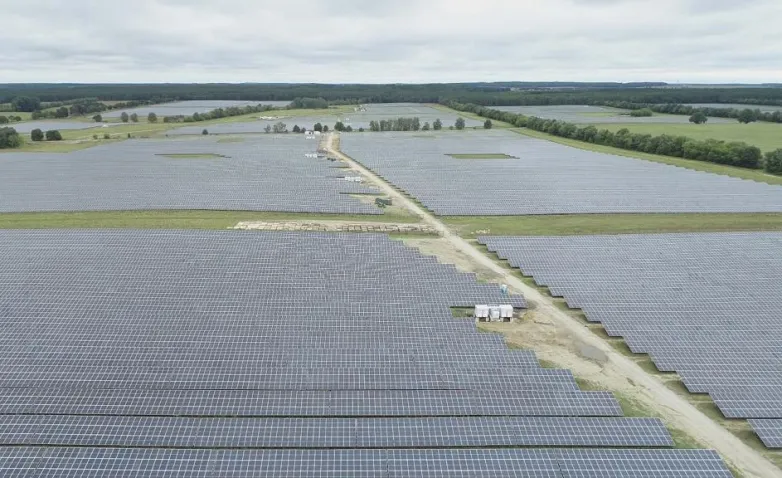Germany to accelerate renewable energy implementation amid Ukraine crisis
- Germany is set to swiftly increase solar and also wind implementation as it advances plans for renewables to account for all the nation's electricity needs by 2035.

Amid efforts to minimize reliance on Russian gas adhering to Moscow's intrusion of Ukraine, Germany's economic climate priest, Robert Habeck, plans to accelerate the passage of the nation's Renewable Energy Sources Act (EEG) via parliament to ensure that it can come into pressure by July 2022.
This regulation would see renewables represent 80% of Germany's electricity demands by 2030 as well as 100% of them by 2035, whereby time the country aims to have actually 200GW of released solar. As of December 2021, Germany had virtually 60GW of mounted solar.
" The development of renewable energies is a question of nationwide as well as European safety and security," Habeck stated ahead of a two-day see to the United States to discuss energy as well as protection policy with the Biden administration.
The EEG would see Germany boost solar tenders to 20GW by 2028, maintaining them at that level up until 2035, while likewise suspending cuts in subsidies for roof PV systems, according to Reuters.
Generating every one of Germany's electricity from sustainable sources is "ambitious, however manageable", claimed Simone Peter, president of renewable energy organization BEE.
Peter claimed that set up solar PV and also wind ability can be swiftly raised by simplifying procedures. "This makes certain that generation from renewable energies replaces part of the imports that were previously needed in a timely manner."
The planned renewables ramp-up comes as Germany's last nuclear power plants are because of be taken offline by the end of this year, while the brand-new federal government is intending to phase out coal generation by 2030.
Chancellor Olaf Scholz last week obstructed the Nord Stream 2 pipeline, which was created to increase the flow of Russian gas to Germany. The country already sources more than half of its gas from Russia.
" We require to confess that in the past we have actually been too reliant on Russian imports," Habeck said ahead of meeting in Brussels on Monday. "In the medium and also long-term, we are going to considerably lower the intake of fossil fuels."
For Germany to reach 200GW of deployed solar by 2030, the nation will certainly need to include approximately 15.6 GW annually, a near-trebling of what was installed last year, according to the country's solar trade association the Bundesverband Solarwirtschaft, which has actually required obstacles to be "taken apart" for the 200GW target to be gotten to.
Various other solar-supporting policies from Germany's brand-new government consist of a campaign revealed last month that will boost the building of PV plants on agricultural land.
Kerstin Andreae, head of German energy market association BDEW, stated protection of supply requires a massive expansion of renewables along with a ramp-up of hydrogen, adding: "We should come to be independent of fossil fuels. When it comes to renewable energies, specifically, it should now lastly be clear that challenges to the authorization as well as realisation of projects should be a thing of the past."
Also read

